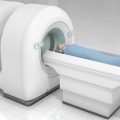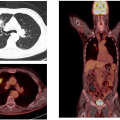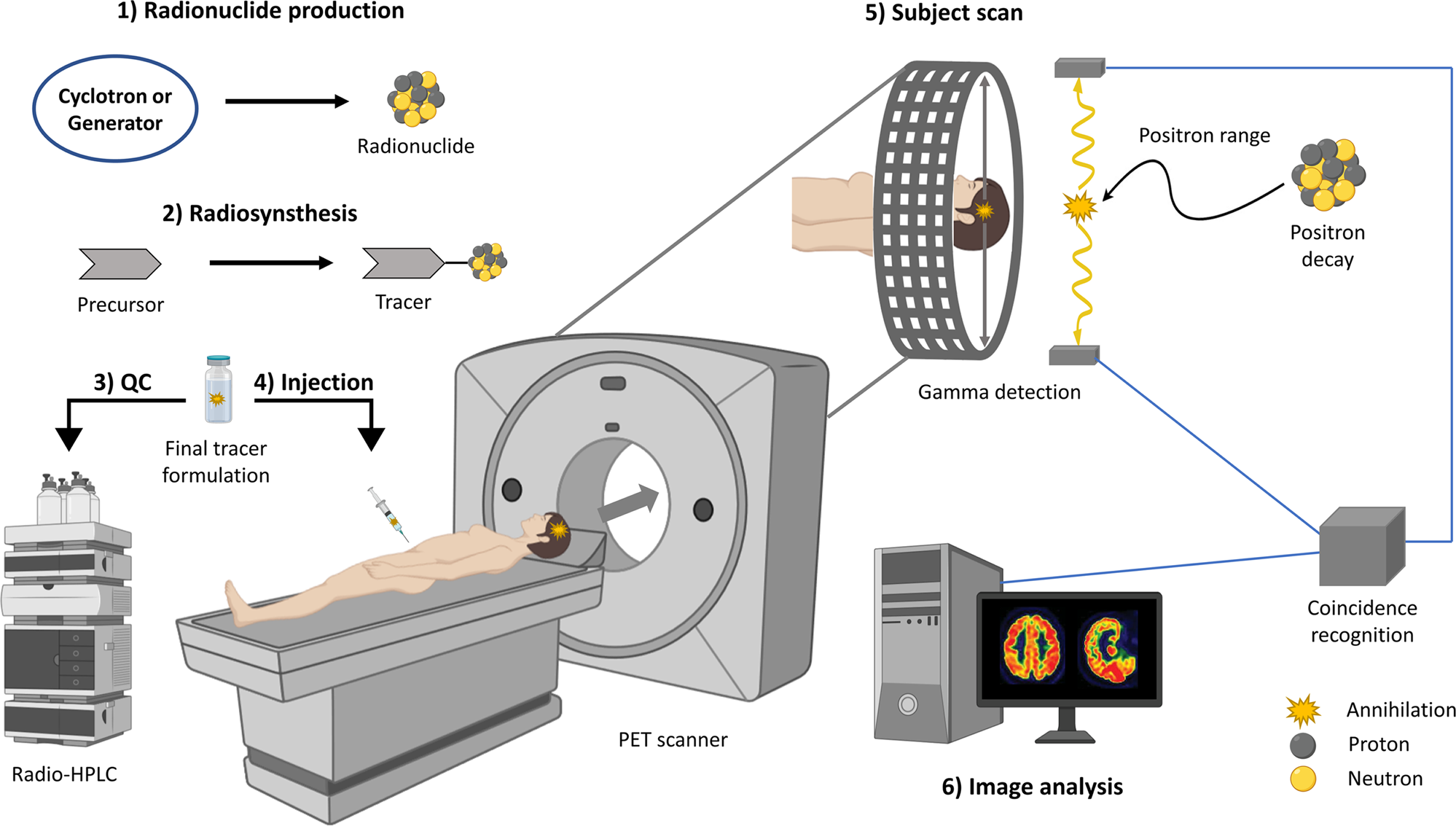
How to Deal with High Blood Pressure?
When high blood pressure is detected, it requires an immediate and comprehensive response to effectively manage the condition and maintain cardiovascular health. At Dokki Scan, we understand that knowing how to deal with high blood pressure is crucial for ensuring a good quality of life and optimal health. This article will provide you with an in-depth look at what to do if you have high blood pressure, including treatment plans, the medications used, regular follow-ups with your doctor, and preventive strategies that can contribute to improving your overall health.
Understanding High Blood Pressure and Its Causes
Medications Used to Treat High Blood Pressure
Medications are a crucial part of the treatment plan for high blood pressure and are used to improve control of the condition and reduce health risks. Medications vary based on the type of high blood pressure and the patient’s overall health condition. Here’s a detailed look at the different types of medications used in treatment:
Diuretics: These medications work by increasing the excretion of fluids from the body, thereby reducing blood volume and easing the pressure on the arterial walls. Common diuretics include hydrochlorothiazide and furosemide. Diuretics are particularly effective in cases where high blood pressure is accompanied by excess fluid in the body.
Beta-blockers: These drugs reduce the effects of stress hormones such as adrenaline on the heart and blood vessels. Examples include metoprolol and atenolol. Beta-blockers help lower heart rate and reduce pressure on the arterial walls, contributing to a decrease in blood pressure.
ACE Inhibitors: These medications work by preventing the formation of angiotensin II, a hormone that causes blood vessel constriction and increased pressure. Examples include enalapril and lisinopril. ACE inhibitors help to widen blood vessels and reduce pressure on their walls.
Angiotensin II Receptor Blockers (ARBs): These drugs are used as alternatives to ACE inhibitors and work by blocking the effects of angiotensin II on blood vessels. Examples include losartan and valsartan. ARBs help lower blood pressure by widening blood vessels and reducing pressure on their walls.
Calcium Channel Blockers: These medications prevent calcium from entering heart and blood vessel cells, leading to muscle relaxation and dilation of blood vessels. Common examples include amlodipine and diltiazem. Calcium channel blockers effectively lower blood pressure by reducing tension in blood vessels.
Renin Inhibitors: These drugs inhibit the production of renin, an enzyme that contributes to increased blood pressure. Examples include aliskiren. Renin inhibitors lower blood pressure by affecting the body’s blood pressure regulation mechanisms.
The response to medications varies from person to person, and some patients may need to try several medications or combinations before finding the optimal treatment. It is essential to consult with a doctor to determine the right medication and adjust the dose based on the individual’s condition.
Regular Follow-ups with Your Doctor
Managing high blood pressure requires regular follow-ups with your doctor to ensure the effectiveness of treatment and appropriate adjustment of the condition. The follow-up process includes:
Regular Blood Pressure Measurement: It is crucial to monitor blood pressure regularly to assess the effectiveness of treatment and adjust medications if necessary. Blood pressure can be measured in the clinic or at home using blood pressure devices. Ensure measurements are taken at specific times and with correct techniques for accurate results.
Overall Health Assessment: During regular medical visits, the doctor will evaluate the patient’s overall health and review any new symptoms or changes in health status. Assessments may include laboratory tests and cardiovascular evaluations.
Treatment Adjustment: Based on test results and condition assessment, the doctor may need to adjust medications or dosages. Patients must follow the doctor’s recommendations precisely to ensure maximum benefit from the treatment.
Managing Side Effects: Some medications may cause side effects; it is important to report any uncomfortable symptoms to the doctor. The doctor can take steps to adjust the treatment or recommend alternative treatments to reduce side effects.
Health Education: Through follow-ups with the doctor, patients can receive necessary information and guidance on how to manage their condition effectively. This includes advice on diet, physical activity, and stress management techniques.
Preventive Strategies
Managing high blood pressure is not only about taking medications but also involves adopting preventive measures to improve overall health. Preventive strategies include:
Improving Diet: Eating a balanced diet with low sodium, saturated fats, and cholesterol can help lower blood pressure. It is preferable to consume fiber-rich foods such as fruits, vegetables, and whole grains, which contribute to cardiovascular health.
Regular Exercise: Engaging in regular physical activities, such as brisk walking or swimming, can help improve heart health and lower blood pressure. It is recommended to engage in physical activity for at least 150 minutes per week.
Quitting Smoking: Smoking contributes to increased blood pressure and damage to blood vessels. Quitting smoking can significantly improve heart health and reduce risks associated with high blood pressure.
Managing Stress: Chronic stress can contribute to increased blood pressure. Using relaxation techniques such as yoga, meditation, and deep breathing can help reduce stress and improve overall health.
Monitoring Weight: Maintaining a healthy weight can positively impact blood pressure. Losing excess weight can help improve blood pressure and reduce health risks associated with obesity.
At Dokki Scan, we provide comprehensive medical care and health advice to help you manage high blood pressure effectively. If you need medical consultation or support in monitoring your condition, do not hesitate to visit Dokki Scan for the necessary assistance. We are here to support you and provide the care you need to maintain your heart health and ensure your quality of life.
Effective management of high blood pressure requires a balance between medical treatment and adopting preventive measures to improve your overall health. By adhering to treatment and regularly monitoring your condition with your doctor, you can control high blood pressure and prevent potential complications. At Dokki Scan, we are committed to helping you achieve the best health outcomes and ensuring continuity of your health care.
Latest Blogs
- All Posts
- Blog











